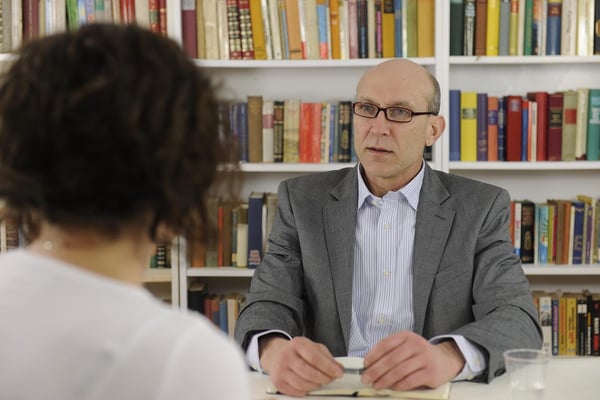Published on
Good Advice Can Make All the Difference for Non-Traditional Students

The following interview is with Virginia Wilson, a non-traditional student at the University of Maine. Wilson was a recipient of the 2012 Mary Cone Barrie Scholarship, awarded by Destiny Solutions. Her essay submission for the scholarship explained how continuing education has made a difference in her quality of life. She is expecting to graduate this year with a bachelor’s degree in sociology and plans to work with the United Nations or other international relief organization. In this interview, Wilson discusses some of the challenges she faced as a non-traditional student, and how services offered by her institution helped her to overcome them.
1. In your essay submission, you mentioned that your University has offered a tremendous amount of encouragement and support to help you along your educational journey. What types of services does the University offer you specifically geared toward meeting the needs of adult students?
Well, first off, the majority of students that are in continuing education are over 30 years old, so they’re … helping students who are working and going to school. So, they offer free tutoring and they have a student advisor that helps us pick our classes and explains the jargon to us when we go back to school and helps us map our path.
2. What kinds of changes or additions could be made to the services offered by the university that might better support non-traditional students?
Well, one of things I find very hard to understand is all the paperwork and how the classes fit together and stuff like that. I couldn’t have gotten this far without somebody advising me constantly.
I find that it’s very difficult to understand and wish that they would make it easier to understand their content and the web. For anyone my age, the web is a little difficult, navigating the computers.
3. After your shoulder injury left you unable to work, you decided to go back to school. What was the biggest difference receiving the Mary Cone Barrie Scholarship made to your educational experience?
Well, starting this year, I have children that are starting college. I have two families; the older children never had a chance at college because of my wage-earning potential. This year, I have two children — one is starting college in September, one next September — and I couldn’t take the money away from them to go back to school. So the Mary Cone Barrie Scholarship helped me to pay for several classes that I normally would not have been able to take.
4. Thinking about your experience in and out of the classroom, what were the biggest challenges you had to overcome as a non-traditional student?
I’m 58 years old and I found that, over time, being out of school for so long and not exercising my mind, I have a really hard time retaining information and learning information in a field that’s not familiar to me — so that was hard. I think I spent twice as much time studying as some of the younger people.
5. Are there any parting words of advice that you would like to leave for other non-traditional students who may be facing similar challenges that you have?
There’s so much I would like to advise them. The school actually uses me as a resource with other students returning to school after a long absence.
One of the things I found is, the information is overwhelming and it prevented me from signing up for school earlier. And I’d like to tell everybody: it’s not so overwhelming. Find somebody at your school that can advise you, that you like and that you don’t mind opposing on a little bit and just stay with them and stick with it. Because it is such a gratifying experience to be able to go back to school and to learn and not to be overwhelmed and afraid. There are so many resources at the college that can help them financially and with their studies.
To learn more about the Mary Cone Barrie Scholarship, please click here.
Author Perspective: Student



